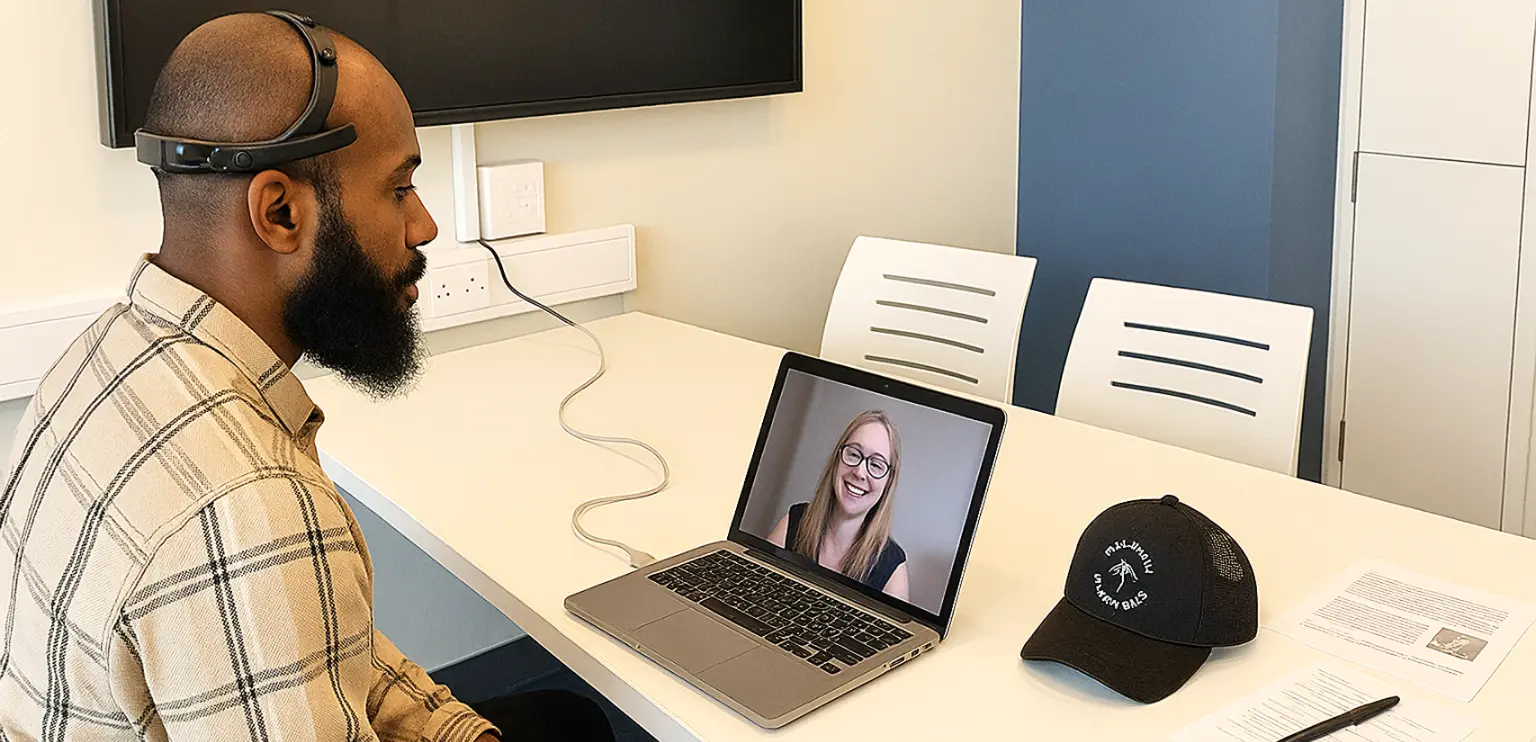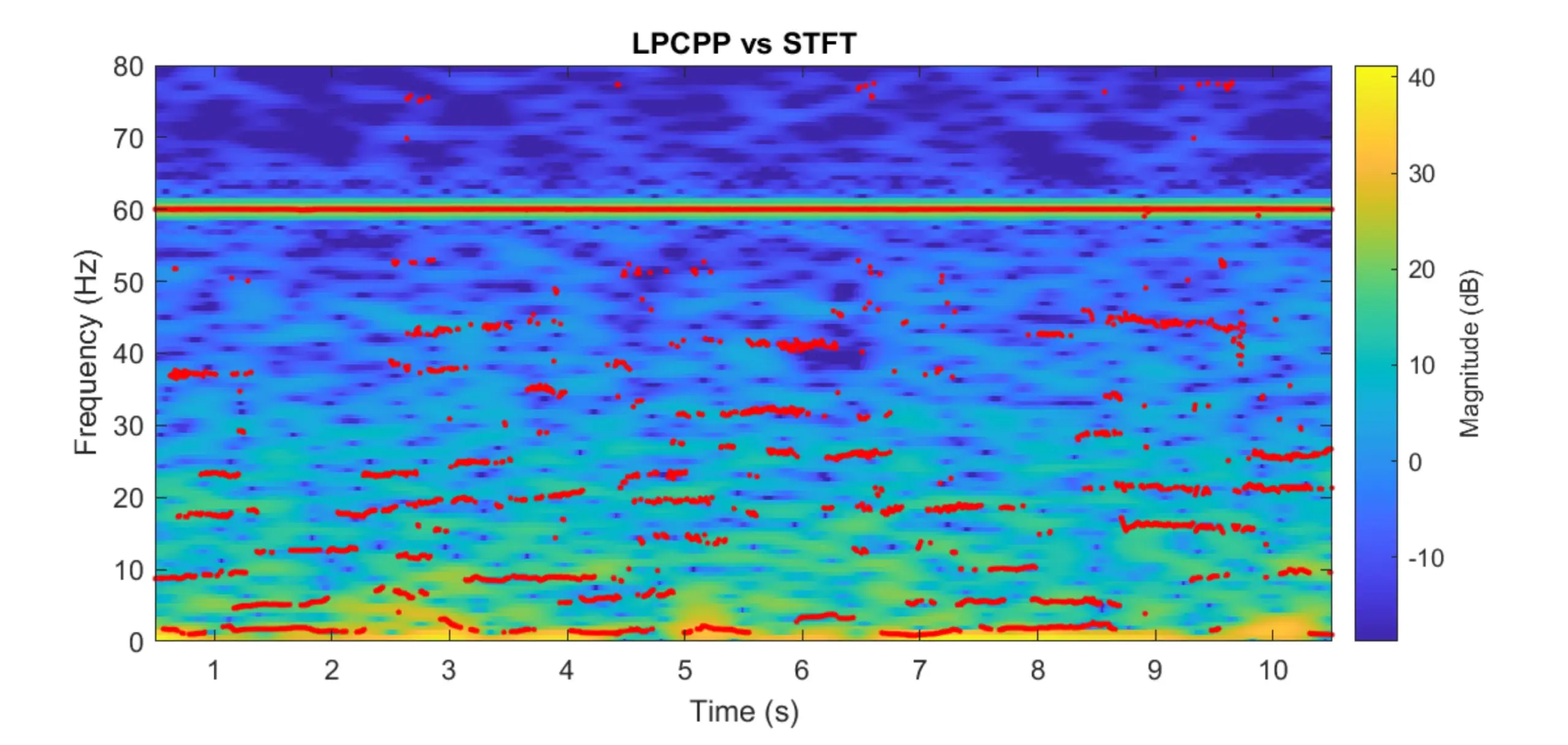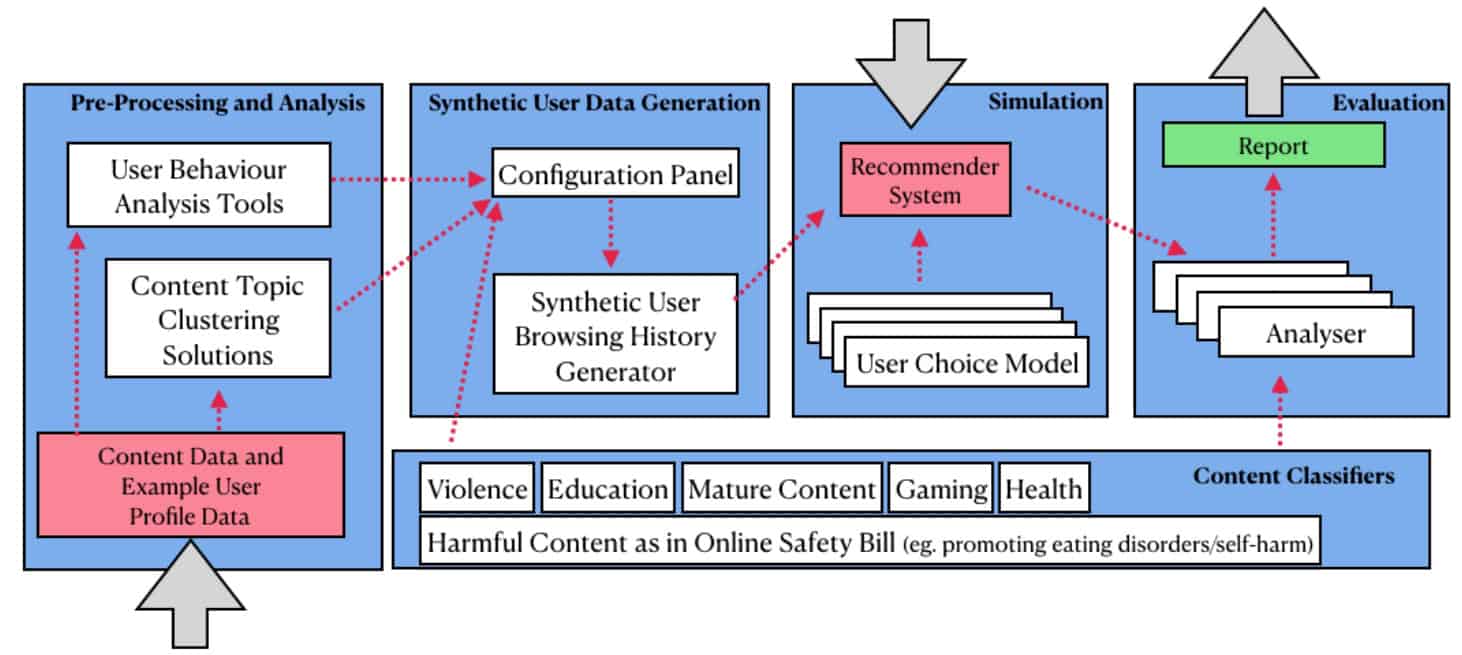Projects
Neuroscience
Video Conference Fatigue Experiments
This project, funded by Cisco Research, focused on understanding video conferencing fatigue through neurophysiological experiments. In the post-pandemic world, hybrid work has become the norm, making online meetings an integral part of daily professional life. The study aimed to analyze how specific features of popular video conferencing platforms (e.g., Zoom, Microsoft Teams, Webex), such as self-view on/off and user characteristics like gender influence mental fatigue. Neurophysiological data, including EEG, Heart Rate Variability (HRV), and Skin Conductance (SC), were collected from 32 participants. This data was used to develop a monitoring system that assesses user fatigue and evaluates how platform features affect users’ ability to restore attention.

EEG Processing using LPC-based Methods
This project introduced a novel time-resolved spectral analysis method Linear Predictive Coding Pole Processing (LPCPP), specifically designed for EEG signal analysis. LPCPP offers high noise tolerance and superior time-frequency resolution, making it particularly effective in capturing instantaneous frequency variations in complex signals. Beyond EEG analysis, the method holds promise for integration into AI systems and diverse applications, including speech processing, mechanical vibration analysis, seismographic monitoring, and image analysis, with strong potential to advance real-world Human-Computer Interaction (HCI) technologies.


